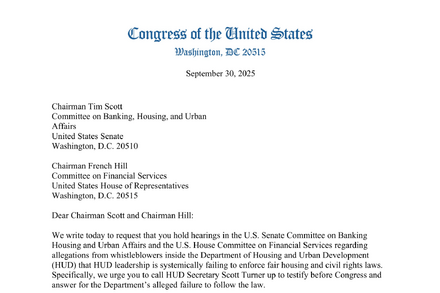WASHINGTON, D.C. – Pete Hegseth, a prominent figure in discussions surrounding historical military actions, has announced that the Medals of Honor awarded to soldiers involved in the 1890 Wounded Knee Massacre will not be revoked. The decision, revealed on Friday, reiterates a long-standing position by the U.S. government regarding the controversial honors.
Hegseth’s statement confirms that the 20 Medals of Honor bestowed upon U.S. soldiers for their actions during the massacre, which resulted in the deaths of an estimated 300 Lakota men, women, and children, will remain intact. The announcement comes despite decades of advocacy from Native American groups and historians calling for their rescission, arguing the medals honor a massacre rather than a legitimate military engagement.
Historical Context of Wounded Knee
The Wounded Knee Massacre occurred on December 29, 1890, on the Lakota Pine Ridge Indian Reservation in South Dakota. Troops from the U.S. 7th Cavalry Regiment surrounded a band of Lakota, primarily Miniconjou, led by Chief Spotted Elk (also known as Big Foot), with the stated aim of disarming them. A shot fired, its origin disputed, led to a chaotic and brutal confrontation. In the ensuing violence, an estimated 300 Lakota people, many unarmed, were killed, along with 25 U.S. soldiers.
The incident is widely regarded by Native American communities and many historians as a massacre, marking the end of major armed conflicts between the U.S. federal government and the Plains Indians. The 20 Medals of Honor awarded to soldiers involved have been a persistent source of pain and controversy, seen by critics as glorifying an atrocity.
Hegseth’s Rationale
In his announcement, Hegseth emphasized the importance of preserving historical awards based on the standards and context of the era in which they were given.
“After a thorough review of the historical record and the existing criteria for military valor, it is my firm belief that these honors, awarded over a century ago, should stand,” Hegseth stated. “We must be cautious about re-evaluating historical awards solely through the lens of contemporary sensibilities, which risks undermining the integrity of the commendations system itself. These medals represent actions recognized for valor at the time, and that recognition, however controversial today, will remain.”
This position aligns with previous administrations that have resisted calls to revoke the medals, often citing the difficulty of retroactively applying modern moral standards to historical events and the potential for setting a precedent that could challenge countless other historical military commendations.
Reactions and Future Implications
The decision is expected to draw strong condemnation from Native American advocacy organizations and civil rights groups, who have long sought justice and recognition for the victims of Wounded Knee. Activists view the continued recognition of these medals as a symbol of historical injustice and a perpetuation of a narrative that downplays the tragedy suffered by the Lakota people.
The debate surrounding the Wounded Knee Medals of Honor is part of a broader national conversation about how historical events and figures are remembered and honored, particularly concerning indigenous populations and minority groups. Hegseth’s reaffirmation ensures that, for the foreseeable future, the federal government will maintain its current stance on the awards, despite ongoing calls for their reevaluation.
Source: Read the original article here.





